|
The year is 2007. Unbeknownst to the world, cinema will be changed forever. The year is 2007. Himesh Reshammiya is a superstar. He's everywhere - from music channels to reality shows (back when they were distinct), he's embedded in the public consciousness, a fountain of songs and memes (back before we called them memes). He possesses the most famous cap in India, in addition to the most famous nose. And all that is before he gifts the world with a decade-long career as a movie star. I've always wondered - why did he suddenly decide to become a movie star? What drove him to acting? Did he need more fame? Did he require more adulation? Was he simply full of money and willing to spend it on vanity projects? The answer to that can be found in the very first entry in the Suroor Cinematic Universe - Aap Ka Suroor - set in the picturesque location of Somewhere In Germany. by Luv Mehta Guru is a Mani Ratnam movie, released in 2007, starring Abhishek Bachchan and Aishwarya Rai. While Abhishek Bachchan isn’t always considered to be a great actor (something I occasionally disagree with), very few people dispute that his performance in Guru is fantastic, one that holds up even today. This is a fairly popular movie. It’s also a movie I had a lot of conflicted feelings about, back when I saw it twelve years ago. Because of some recent circumstances, I recently sat down and watched it, to see if all those problems of mine would resurface. They did. But not in a way I was expecting. by Luv Mehta Dhoom 2 is, if you have any doubts even after seeing the title, the second movie in the Dhoom series. It’s an interesting trio of movies, with each being quite different from the other. The first is more of a standard heist movie with bikers introduced for some sweet chase scenes, while the third completely ignores the heist part to focus more on the antagonizing forces in the movies and their backstory. It’s the second, however, that I’ve watched more than thirty times, and am mildly (or, in the words of my friends, unhealthily) obsessed with it. I wanted to talk about why I like it so much - but I couldn’t really put much of my reasoning into words. Frankly, the only times I’ve written anything nowadays have been when I’ve composed mails in the office. Life’s moved on like a racecar on a highway, and I’ve been chained to its bonnet as dragged behind it all the way through. But as I opened the Google docs tab on my laptop at night, ready to write something, anything, no matter how rushed it was - the transformer in our locality went off with a silent, unassuming boom, and I was left in a PG room, with the lights and fans off, and a laptop with steadily decreasing battery. So I went to sleep, woke up the next morning, and spent the whole day touring Bangalore, with a mobile at 3% battery capacity and no one to accompany me but my thoughts. Here are those thoughts, compiled below. by Luv Mehta So BoJack Horseman just came back for a fifth season this past weekend. Predictably, it's excellent in all the best ways, of course - but in the end, I wasn’t very sure about what I thought of it. After every season of this show I’ve watched before, the first thing that’s always come to my mind has been, “This is the best season of BoJack Horseman yet”. That thought did not come to me this time. There were a lot of criticisms I had, first and foremost being this - how many times are we supposed to see BoJack’s character hit rock bottom? How many times are we going to see another attempt at becoming better being so completely botched? How many times do we have to see him hurt other people? So I rewatched the whole season again. I’ll have to recap some parts of the season, but before all that - there are a lot of plotlines related to other characters in the series that are extremely interesting and worth an entire article on their own. I won’t be able to do justice to them, however, so this article will solely be focusing on BoJack’s plotline. This article is extremely spoiler heavy, so if you haven’t seen the most recent season, now would be a good time to close this tab. by Rick Mazumdar Remember that really cool show y'all used to watch while in school (that some, if not all of you continue to watch now), the one with the science quotes, the t shirts with pop culture references and the glib mentions of comic books? Yeah, that one. The Big Bang Theory is probably the most influential TV show of the last 11 years, premiering on the fall of 2007 this show had a ridiculous fan following across the world including here in the sub continent. It was a pretty interesting time in the world pop-culture, The Spiderman Trilogy had just ended in May that year and nerds were caught dead centre between the Dark Knight films, it was the perfect maelstrom of all the things that fans of comic-books and similar pop culture always wanted, it was a simpler time when we weren't given the full jolt of live action films by Marvel, DC and Star Wars every 5 months or so. The show itself fed off the fanfare that these franchises generated leading nerds to believe that this was in fact their moment in the sun, they were going to take over the world one episode at a time. The year 2007 was a confusing time for most of us, it was pre-Obama, Doris Lessing had just won the Nobel Prize for literature and for me nerd culture was finally becoming acceptable, I could finally read a comic book in class without being cast down with the sodomites. People were getting to know what it was like being part of being in a culture that was largely underground for several decades and were no longer reacting to it in the way that popular media has showcased it, a.k.a bullies were no longer cool. And of course TBBT had a role to play, here were four awkward, uncoordinated people whose life choices were quite different from the environment around them, which influenced the way they dressed, their conversations and how they viewed the world. Nerd culture had been well documented over the years, but there were only a handful of shows which showed the world through their POV (IT Crowd maybe). Nerds around the world flocked in droves to follow this show like moths to a flame, most of us likened ourselves to the leads personalities, some of us were a Raj, a Howard, a Leonard (I don't think anybody likened themselves to Sheldon though he was the most popular character). The question is however if even with all of this popularity why was there a drop off? Why is this show not relevant anymore ? and most importantly is the show aware that it is negatively showcasing nerd culture? by Amrit Paul and Srijon Mukherjee It was 6:30 when we reached Gyan Manch. The play was supposed to start at 6. And as the dog-ate-my-homework excuse goes, the-Uber-got-us-late. More specifically, the-driver-got-us-late. It wasn’t his fault either. This was Amit’s first day, and we, his 18th ride. His average rating was 2.8 stars. We helped him navigate. He was a Catholic school’s dream - well dressed, well behaved, listened intently without questioning. He almost drove into a petrol pump to our left, instead of the road to our left, just because we said ‘left.’ (Jesus take the wheel, amirite?) We wondered what other orders he would follow without questioning. “Amit, drive backwards”, “Amit, go past 120kmph”, “Amit, end my suffering”. But it was his first day, so that would’ve been too much to ask. The Deconstructive Brigade Of Star Wars - Comparing The Last Jedi To Its Analogue In Gaming31/12/2017 by Luv Mehta So this little indie low-budget movie called Star Wars: The Last Jedi came out, and fan reactions are… split, to say the least. It’s an incredibly risky movie that adds a lot of introspection and deconstruction to the series, calling into question the way the Force, the mythical space-magic that has been a mainstay of the series, has been treated, interpreted and taught across the whole saga. For better or for worse, this has ended up being exactly the kind of movie that the franchise needed - a risky installment that shakes up the whole series and invites discussion and analysis. There have been quite a lot of debates on the matter, and there are so many great takes that have been spawned that you can spend the whole day getting to know new perspectives on it. Through this article, I’m trying to do something different. Because all this deconstruction and introspection isn’t new to the Star Wars universe - it’s something gamers have experienced back in late 2004, when Obsidian developed and released Star Wars: Knights Of The Old Republic II: The Sith Lords - a title that split fans to the core, in many of the same ways the current movie fandom has experienced right now. And I feel it might benefit to compare them both, seeing how the decisions they took are simultaneously critical of the central morality play of the series, and why these end up making for a stronger story. Mild spoilers for The Last Jedi follow, and I’ll do my best to avoid any spoilers for the Knights Of The Old Republic series (referred to as KOTOR afterwards for convenience). Because the analogy can be extended best to a Light Side playthrough of KOTOR II, I’ll primarily deal with the plot on that side. |
Categories
All
Archives
December 2022
|
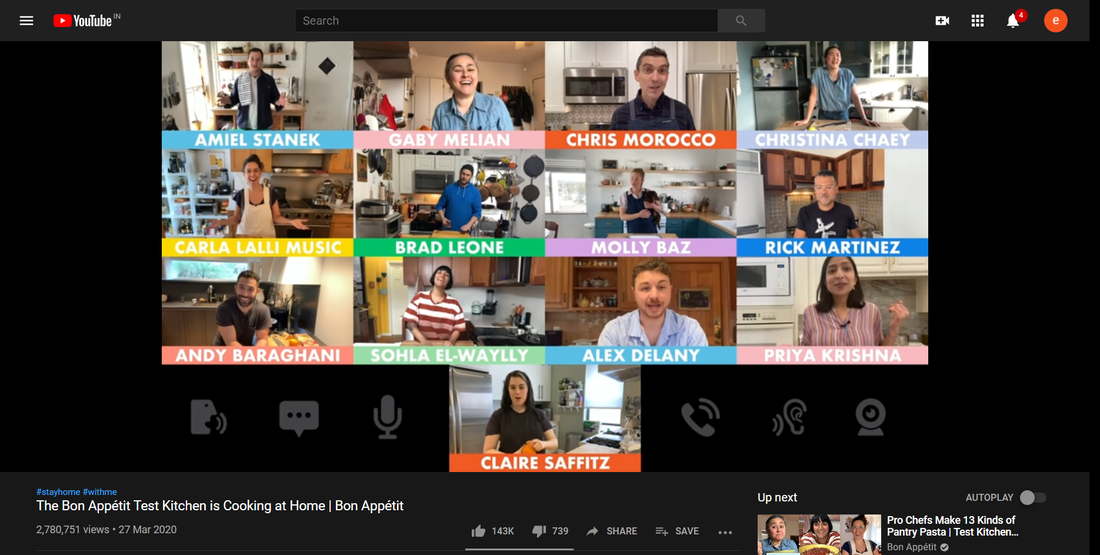
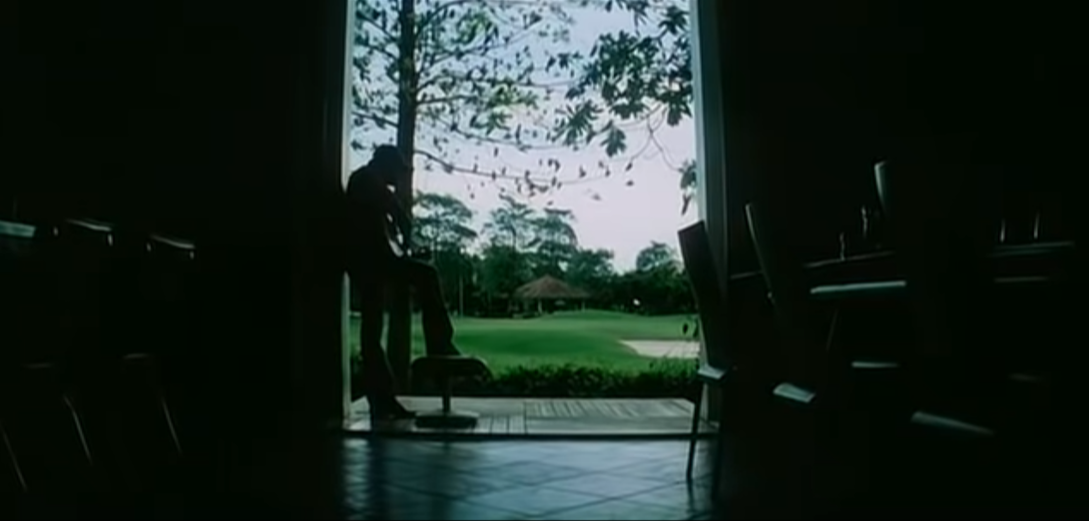
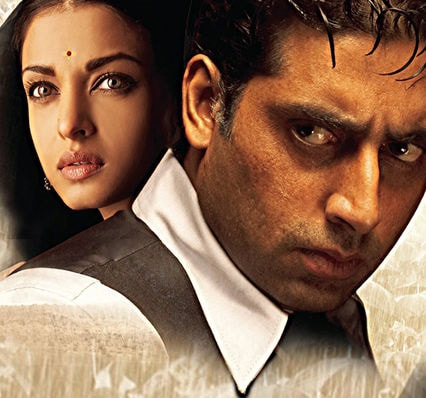
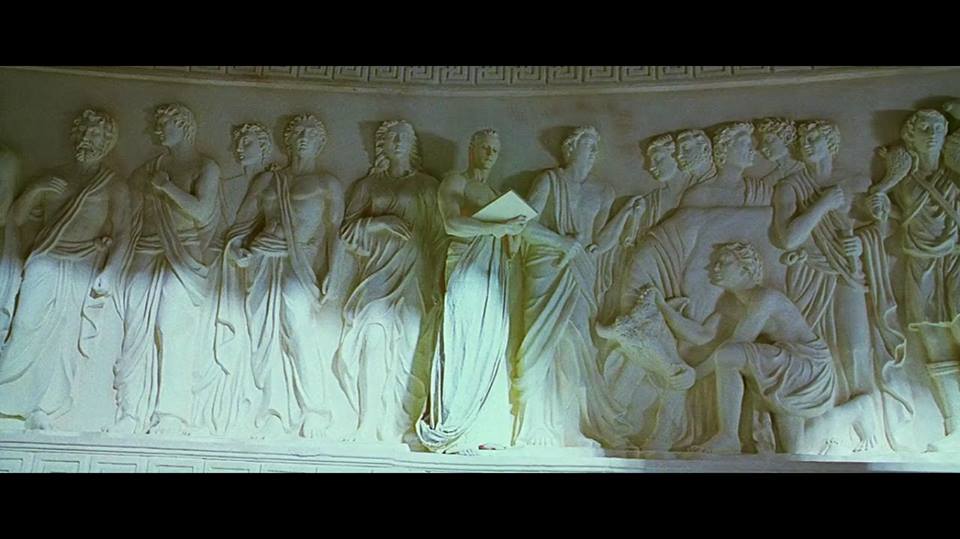
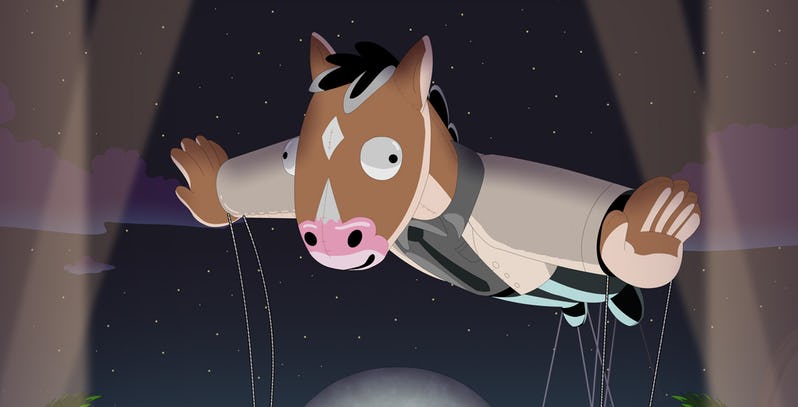
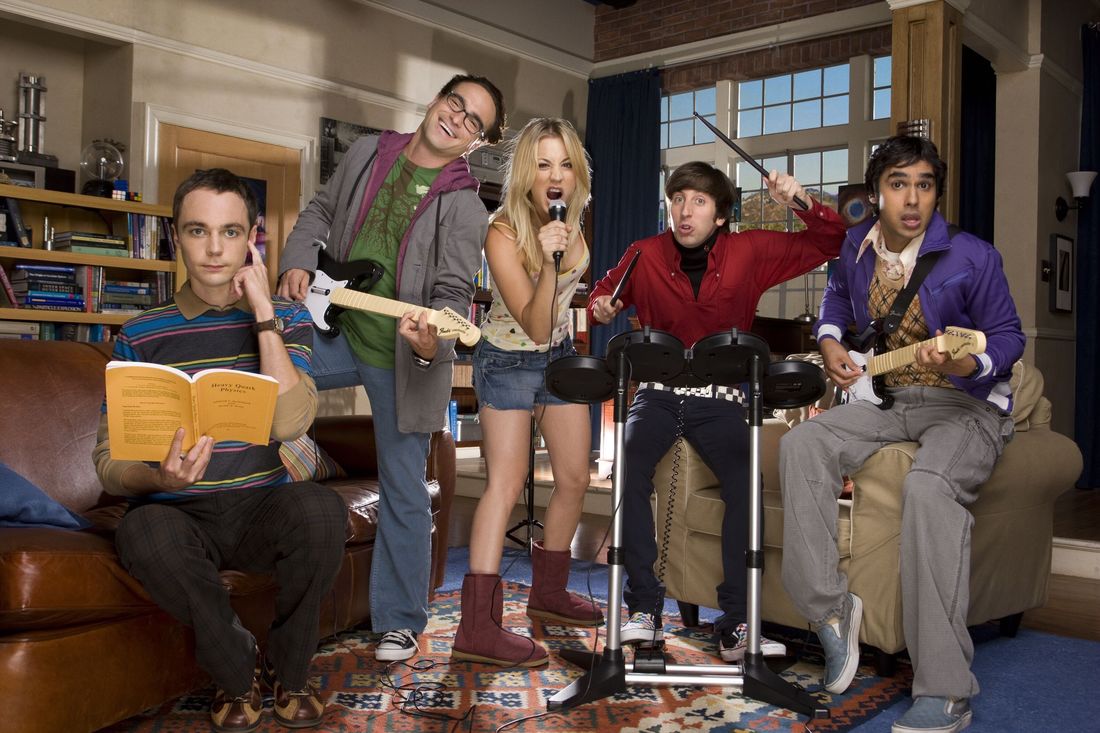
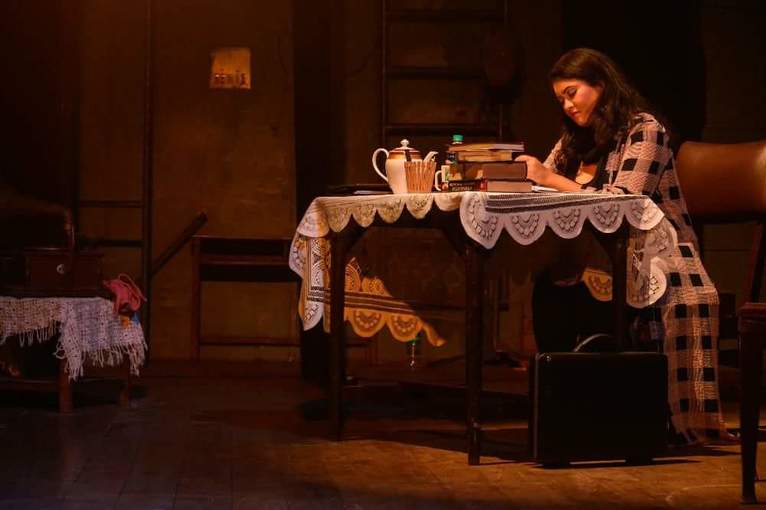
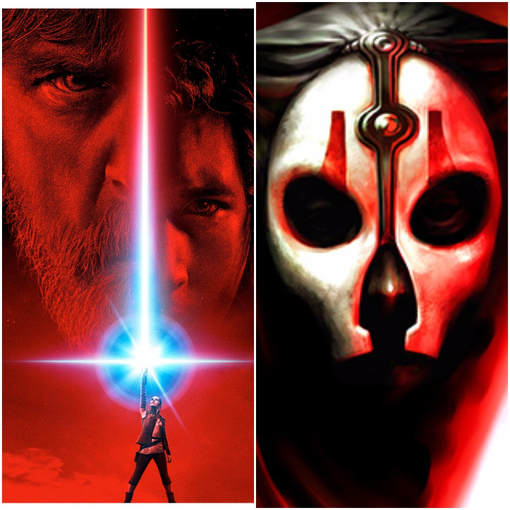
 RSS Feed
RSS Feed
